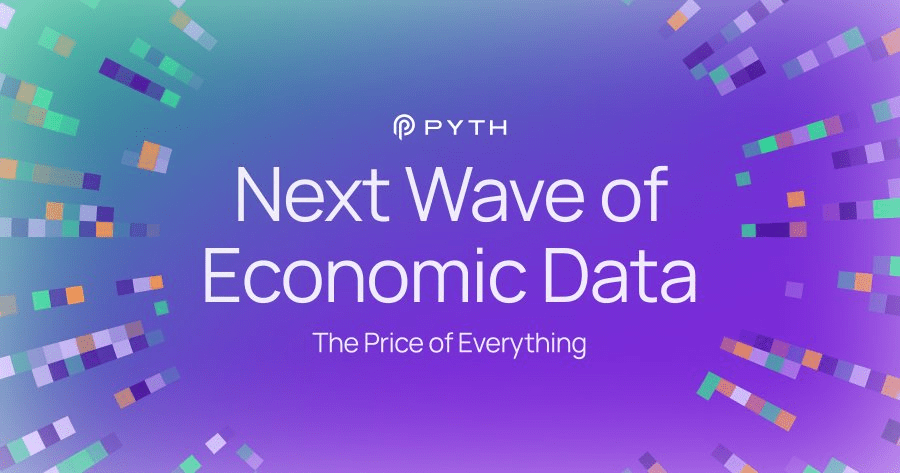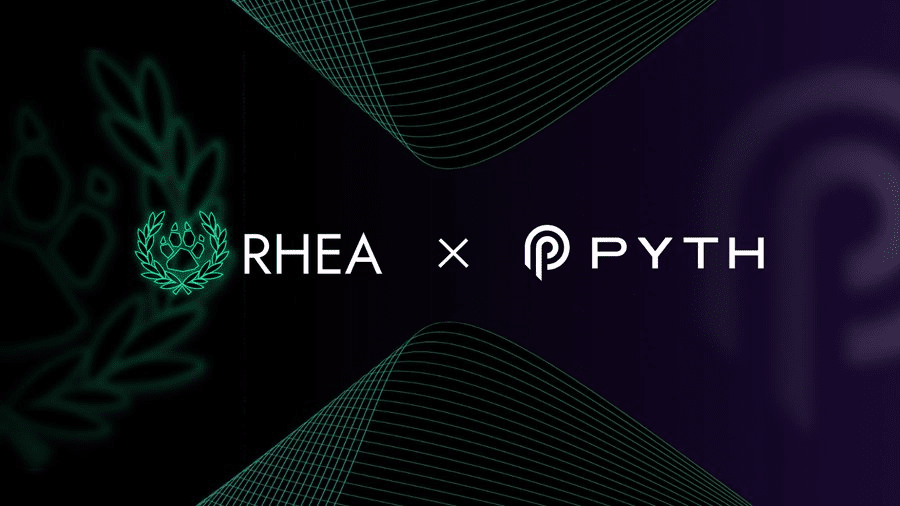Speed and transparency often determine market competitiveness. A institutional trader executing high-frequency trades in the global market relies on data that may be delayed by several seconds or even longer, which can have a fatal impact on decision-making and profits. The emergence of Pyth Network is aimed at solving this long-standing issue that has plagued the market — how to obtain high-quality, real-time, and reliable market data in a decentralized environment.

Pyth Network is a decentralized first-party financial oracle that collects raw data directly from exchanges, market makers, and professional data providers, and then transmits it to smart contracts and decentralized applications through on-chain mechanisms, without relying on traditional third-party intermediary nodes. Unlike traditional centralized data providers, Pyth Network's decentralized architecture ensures diversity and verifiability of data sources, significantly reducing the risk of single points of failure while increasing market participants' trust in the data.
From a technical perspective, Pyth Network achieves low latency and high accuracy in on-chain data services by frequently pushing core market information such as prices, trading volumes, and derivatives data. This not only optimizes price discovery and risk management for DeFi protocols but also provides a solid foundation for quantitative trading, algorithmic strategies, and derivatives innovation. For example, in the trading of highly volatile crypto assets, real-time reliable price data can significantly reduce liquidation risks and slippage costs.

The vision of Pyth Network goes far beyond DeFi; it aims at the global market data industry worth over 50 billion dollars. Traditional financial markets rely on a few centralized data providers, which brings issues of lack of transparency, data monopoly, and high costs. The emergence of Pyth provides a decentralized, verifiable, and real-time alternative for the market, which can serve the blockchain ecosystem and penetrate traditional institutional financial markets. Recently, Pyth has begun exploring customized data subscription services for institutions, allowing funds, exchanges, and risk management companies to access high-quality, low-latency, and auditable market information. This strategy enables Pyth Network to meet professional needs while opening up new commercialization paths.
PYTH tokens play a key role in the ecosystem. They are used to incentivize data contributors to provide high-quality information, and they are also an important tool for DAO revenue distribution and governance mechanisms. Contributors are rewarded with tokens, while network participants can engage in governance to jointly decide the direction of network development. This incentive mechanism ensures the continuous activity and reliability of data sources, while allowing the community to participate in the long-term construction of the network. It can be said that PYTH is not only the fuel for network operation but also a link for decentralized governance.

It is noteworthy that Pyth Network is exploring closer integration of off-chain data with on-chain smart contracts. For example, through integration with high-frequency trading systems and institutional risk control platforms, Pyth is able to achieve real-time responses of on-chain contracts to off-chain market changes. This means that smart contracts no longer rely on lagging data inputs but can reflect market dynamics in real-time, thereby playing a larger role in trading, clearing, and risk management.
In addition, the decentralized oracle model of Pyth Network also has significant implications for enhancing financial transparency. Any market participant can verify the sources and processing methods of data, thereby reducing information asymmetry and manipulation risks. In an environment with increasingly strict compliance requirements, this feature is particularly favored by institutional investors.

In practical application, Pyth Network has provided data support for various projects. DeFi protocols utilize its price data to optimize borrowing rates and liquidation mechanisms; quantitative trading teams rely on real-time data for strategy backtesting and execution; even some emerging financial derivatives platforms depend on the on-chain reference prices provided by Pyth as a basis for settlement. As Pyth further expands institutional services and cross-chain support, its data ecosystem is expected to cover a wider range of financial products and application scenarios.
Overall, Pyth Network is not only an innovation in decentralized oracles but also a systematic transformation achieved in the field of on-chain data services. By providing real-time, transparent, and verifiable market data, Pyth bridges DeFi ecosystems and traditional financial institutions, allowing smart contracts and financial markets to operate in a more efficient and secure environment. As the market's demand for reliable data continues to grow, the value and influence of Pyth Network will also continue to rise.



